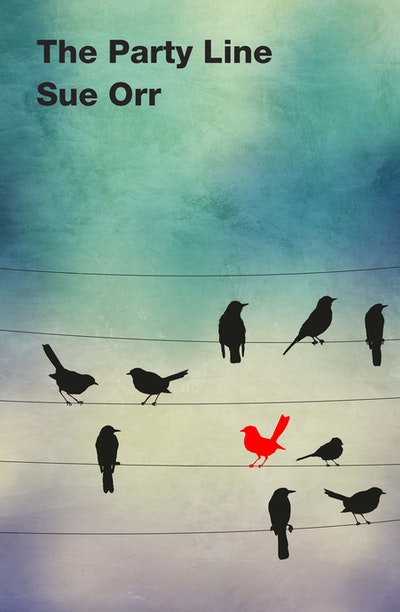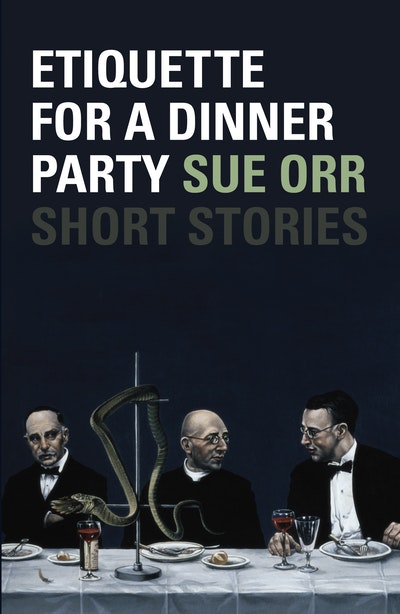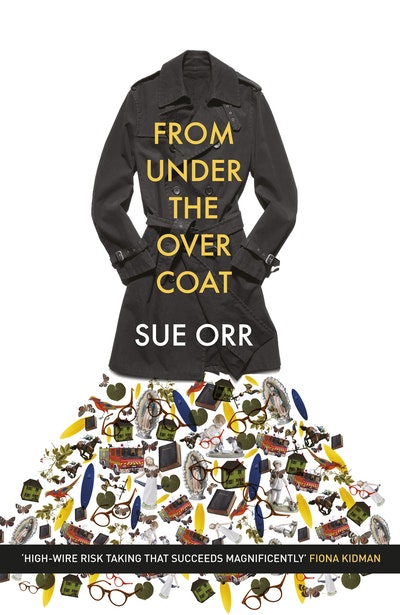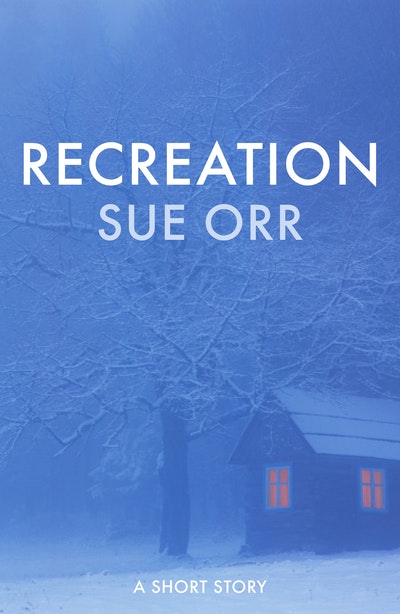- Published: 26 August 2015
- ISBN: 9781775537557
- Imprint: RHNZ Vintage
- Format: Trade Paperback
- Pages: 256
- RRP: $38.00
The Party Line
- Published: 26 August 2015
- ISBN: 9781775537557
- Imprint: RHNZ Vintage
- Format: Trade Paperback
- Pages: 256
- RRP: $38.00
It's absolutely superb . . . world-class . . . she captures the farming community and the period brilliantly . . . I found it totally fascinating . . . The characters leap off the page . . . It will become a classic novel of rural New Zealand.
Carole Beu, Radio NZ
It's really quite moving . . . thoroughly recommended . . . it's awesome.
Paul Little, Jesse Mulligan Show, Radio NZ
Taut prose and a simmering undertone of anger propel this novel forward at such a clip that you'll be compelled to keep reading. Terrific.
Catherine Robertson, NZ Listener
Aucklander Sue Orr is a writer of taut, terrific short stories and her first novel has grown out of one that appeared in her debut collection. . . . Orr's forte is careful, elegant prose and in The Party Line she shines light on the toughness of rural life, the claustrophobia of small-towns and the confusion of being a teenager. This is strikingly good New Zealand storytelling.
Nicky Pellegrino, Herald on Sunday
You'll be reminded of Fiona Kidman, R.H. Morrieson - Maurice Shadbolt even, but it's always the author's own voice that speaks. . . . It seems a while since rural New Zealand made a strong showing in our fiction. Orr does it in this forceful, sinewy story. Plot and character rule. Style is sturdy, with just a few outcrops of adjectives. She gets the teenage tone just right. Sit down with this only when you have time to spare. You'll be held.
David Hill, Canvas, NZ Herald
Rural New Zealand - lonely paddocks, closed-rank conformism, insiders and outsiders. It's a potent combination, made for literature. . . . There are things not meant to be seen, and many things not meant to be said - which is why The Party Line is a great title, a metaphor for codified, stultified communication, for the conspiracy of silence that marks the adult world, as well as for a conceptual "line" that must not be crossed. . . . Orr is a fabulous, astute observer of character . . . every character leaps to life - deftly drawn individuals, each with a secret, private life. This is an easy novel to read, yet it's deceptively simple. Like the subterranean peat fire that burns near the conclusion, there's a lot going on under the surface. Orr has poured enormous quantities of detail and thought into this so that not only the physical but the social, historical and thematic landscapes are all rich, textured and contain hidden depths.
Margie Thomson, Dominion Post Weekend
Orr lays the girls, their parents and the farming community out in a tale that uses both description and conversation as effective character-builders. The commentary on the district, its inhabitants and their parts in the tale is direct without being simplistic and carries interest in a logical and rhythmic progression. This is not a soft or easy tale, but the setting, its time and those within it are sympathetically portrayed. The early adolescence of two very different girls is a sharp portrayal of the conventions within particular communities and the wide ripple of outcomes of behaviour that challenges the party line.
Willie Campbell, Otago Daily Times
. . . two things make this novel well worth reading. First, there's the close and vivid way Orr presents the community. . . This is (or at least was) rural New Zealand. The novel's other great asset is the clarity and precision of Orr's prose. Reviewers too rarely praise a novel for the virtue of readability. The Party Line is very readable, and very perceptive about the way both adults and children react in the face of trauma.
Nicholas Reid, Sunday Star-Times
What sets this book alight, however, is a series of events and moral stands that, mediated through the ubiquitous party line, lead to a body (I won't say whose) appearing in a local waterway . . . More and more layers and versions of the truth are spoken . . . all this creates a remarkable re-evaluation and rehumanisation of the damaged individuals at the centre of the tragedy.
John Sinclair, Metro
A well-crafted and absorbing story of an interesting and rarely recorded period in our history.
Rosie Sanderson, Regional Press
Not only is it a finely tuned portrayal of adolescent activism and adult inertia, it will also give a nudge of nostalgia to those familiar with the time and place.
Australian Woman’s Weekly
I loved The Party Line. It vividly tells a story of rural New Zealand's recent past - the social order, great characters, community spirit, and morally dubious adult complicity.
Hastings Leader
Orr paints a portrait of this small farming town that is totally believable, with its Calf Club Days, its oppressively hot summers, and its clenched-fist, suspicious resistance to difference or change. There’s also a mob-mentality-like refusal to act when action is needed, and in some ways Orr’s delineation of this reflects that quintessentially Kiwi saying “She’ll be right”. In this context, saying “She’ll be right” just means ignoring a problem until it goes away, and Orr’s novel shows all too clearly how troubling such an attitude can be. . . . I found the subtle transformation of Nickie’s mother Joy to be extremely compelling. Seen at first as something of a harridan by her daughter, Joy Walker eventually becomes a much deeper, nuanced character, who has herself become aware of the strain of nastiness that runs through the town. It is this kind of gentle, sure-footed development of characters in this novel that I found most absorbing, and, along with Orr’s well-shaped prose, is, I believe, what makes this novel such high quality reading. An assured debut novel.
Feby Idrus, Booksellers NZ blog site
a well-crafted and absorbing story of an interesting and rarely recorded period in our history
Rosie Sanderson, Wairarapa Times-Age





